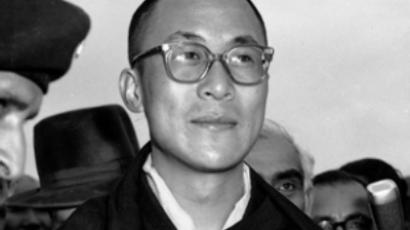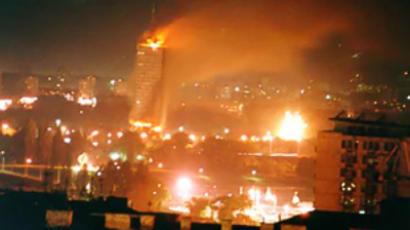Abkhazia marks 2 years of independence
This week, the Republic of Abkhazia celebrated two years since Russia recognized its independence. The republic is already a popular tourist destination in the region, but locals have much more on their minds.
Just two years ago, Abkhazia was under an international blockade and on the list of targets for Georgian army.
In August 2008, Mikhail Saakashvili ordered an attack on South Ossetia. Its capital Tskhinval was nearly destroyed by shelling. According to military intelligence, Georgian Special Forces were also preparing to launch an offensive against Abkhazia.
Russia, whose peacekeepers were ensuring security in the region, sent its troops to protect both Caucasus republics until the conflict was subdued.
Moscow recognized Abkhazia’s and South Ossetia’s independence, a move that was soon followed by Venezuela, Nicaragua and the small republic of Nauru.
Now, after the turmoil of recent years, Abkhazia is steadily becoming a popular tourist destination on the Black Sea shore
Working at small beach resorts near Sukhum, the nation’s capital, is a summer job for many Abkhazians. Future customs officer Andronik Gasparyan is just 19, but he is already an experienced chef when it comes to preparing local meals.
“Traditional Abkhazian food is pickles, corn meals and smoked meat, either pork or beef – and cheese is a must,” Andronik says. He has chosen to be a customs officer because he wants to serve his motherland and work in the republic.
“So at this border everything will have to go through me. And I want our customs officers to work well and ensure that everything is fine and we have guests coming to visit us,” shared Gasparyan.
Most of the tourists coming to Abkhazia are from Russia. This week, together with locals, they celebrated Abkhazia’s Independence Day with a festive dinner and stunning fireworks.
Abkhazia is also beginning to build new international relations.
Maksim Guingia, a young Abkhazian diplomat, spent months in Latin America, meeting with local politicians and signing co-operation treaties. It was the platform for his diplomatic career – now Maksim has been appointed Abkhazia’s foreign minister. And on the home front these years were also marked by good news – he is now raising three sons, two of them twins.
“I gained more new friends, particularly in Latin America – a region that I very much like, and enjoy being there, because we all speak the same language – and I don’t mean Spanish. I mean people there, they conduct really independent policy,” Abkhazia’s foreign minister concluded.
Just like the minister himself, the core of the Abkhazian diplomatic “think tank” are people in their twenties. They are setting new goals for the republic’s foreign policy, hoping that over time, the list of Abkhazia’s international allies will grow.
Despite the fact that only a few countries have recognized Abkhazia’s and South Ossetia’s independence, their citizens are optimistic. They say it may take more than just a few years to gain further recognition. But with the protection recently provided by Moscow and with new development opportunities for people in Sukhum and Tskhinval, this waiting period does not seem to be a problem.














